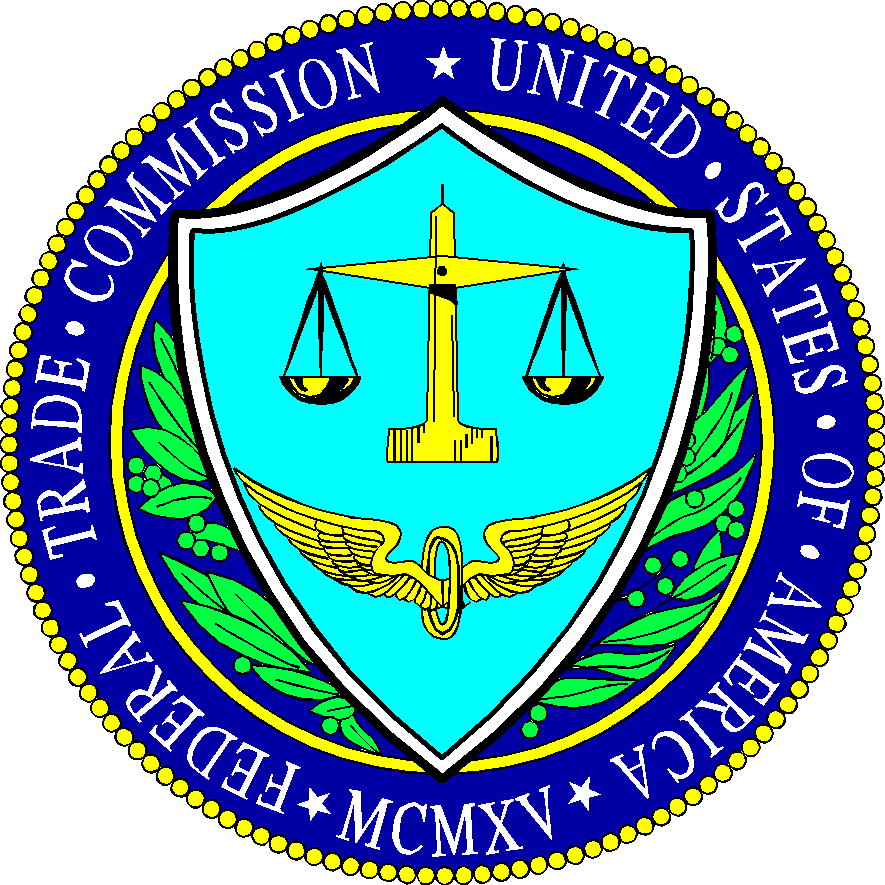If your marketing plan includes raising awareness through bloggers, read the latest FTC announcement on disclosure of freebies. The agency says that bloggers who review products given to them for free should disclose that fact in some circumstances. Failure to do so will not affect the bloggers, but could trigger FTC action against marketers for what the agency considers deceptive practices. The good news: Chats and other unprepared communications among consumers are not considered corporate marketing. Read the entire notice, which goes into effect Dec. 1, here.
Given the unruliness of the Web, many companies have wondered whether solicited and unsolicited product reviews constituted marketing and advertising. For reviews by news media, the answer is no, the FTC says. For bloggers, the answer is maybe. Much depends on the nature of the blog, the FTC says. For example, what is the blog’s readership? Does the blogger disclose the product’s value? Does the blogger accept requests to product reviews on a regular basis?
More to the point, the FTC says, “the post of a blogger who receives cash or in-kind payment to review a product is considered an endorsement. Thus, bloggers who make an endorsement must disclose the material connections they share with the seller of the product or service.”
The FTC says it will examine each instance separately, which means for marketers more incremental understanding than firm rules at the outset. Expect the rules to change as the distinction between members of traditional news media and bloggers continues to erode. For now, the FTC expects companies that send samples and ask for reviews to tell the blogger that he or she should that they received the items gratis. The company must also monitor the blog to see that disclosure is made.
A company does not have to keep an eye on people who buy a supplement and write about whether they liked it. Nor does a company have to monitor the comments on that review. None of that is considered a product endorsement.



